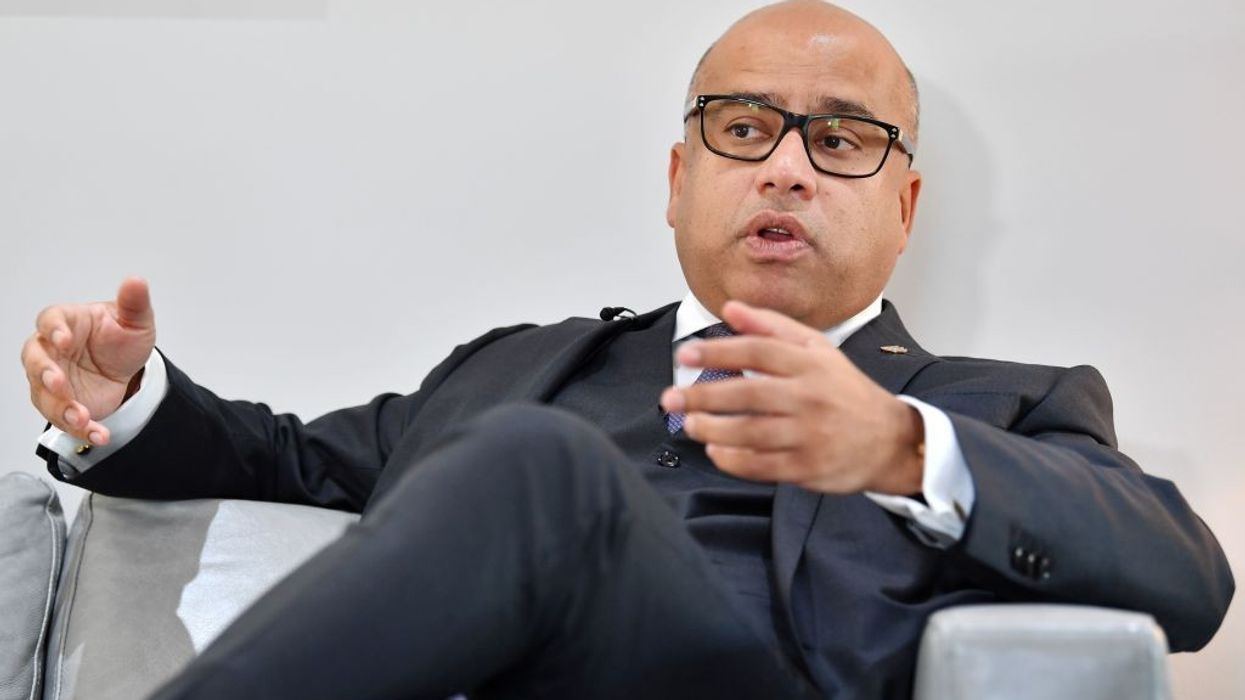BRITAIN’s third largest steel business may avoid collapse as owner Sanjeev Gupta is close to securing a £200 million loan from a private firm.
Gupta, who is currently in Dubai, has agreed on financing terms for Liberty Steel UK with White Oak Global Advisers, which is also providing fresh funding for the Australian arm of Gupta’s sprawling holding company, GFG Alliance, reported The Guardian.
Liberty Steel’s future has been hanging in the balance since its main lender, Greensill Capital, fell into administration last month, prompting a cash crunch for the UK firm.
While Gupta tried and failed to secure a £170m UK government bailout in March, the prospects of new financing from a private backer could alleviate fears over Liberty Steel’s own collapse, The Guardian report added.
According to reports, the White Oak loan would allow Liberty Steel UK to return to full production, if approved.
The company had paused operations at some of its plants in an attempt to preserve cash after Greensill’s failure.
The White Oak loan is understood to require approval from Credit Suisse, which has a claim on Liberty Steel UK via loans provided by Greensill Capital.
The Swiss bank also ran multibillion pound investment funds that sold packaged loans to high net worth individuals, via a complex system devised by Greensill, reported The Guardian.
It is understood that none of the cash will be used to help offset some of the £3.6 billion that GFG Alliance borrowed from Greensill.
Gupta’s UK steel business alone owes Greensill £553m, reports said.
In total, GFG’s UK operations include 11 steelworks plants across Great Britain, including at Stocksbridge and Rotherham in South Yorkshire, as well as an energy company and an aluminium smelter in Scotland. About 3,000 of GFG’s 5,000 UK staff are employed by its Liberty Steel UK division.
Greensill’s administrators at Grant Thornton are still working to recoup money from debtors like Gupta. Meanwhile, Credit Suisse has petitioned to wind up various Liberty Steel companies in the UK and Australia in an attempt to reclaim money for customers who invested in Greensill loans that were packaged up as investments and sold off via a series of Credit Suisse funds.
Those investment funds were worth nearly $10bn before they were closed in March.
According to reports, Gupta is expected to be summoned in front of UK MPs from the business, energy and industrial strategy (BEIS) committee this summer, as part of a string of inquiries linked to Greensill’s collapse.





